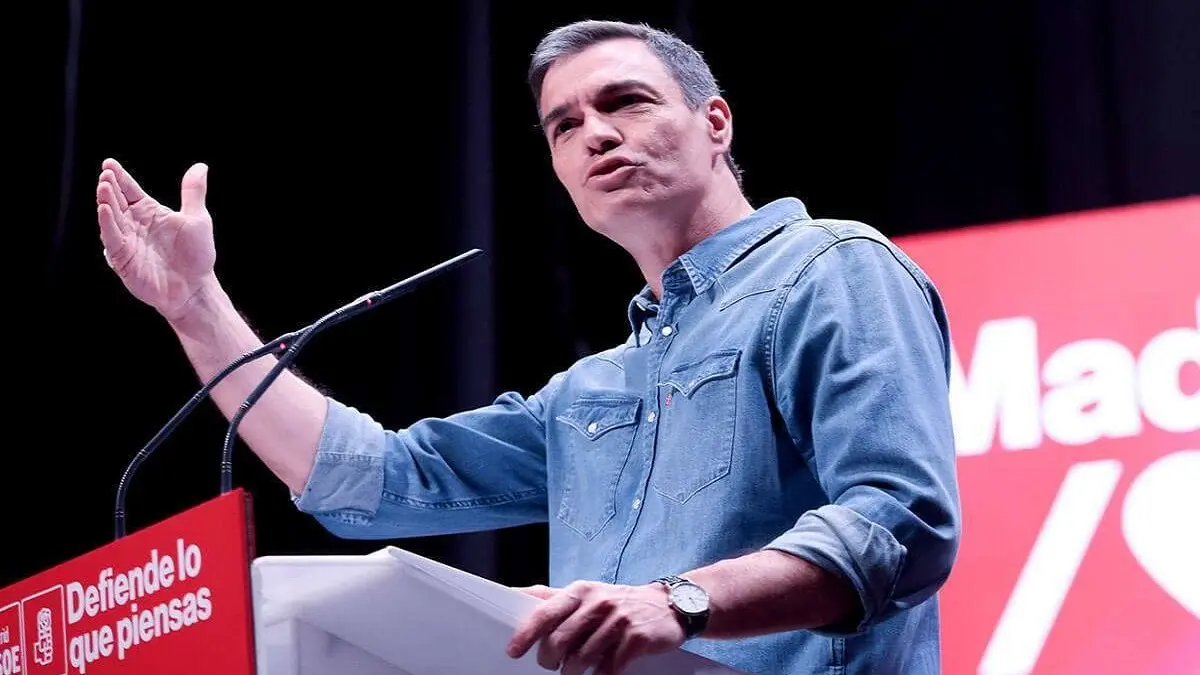What if Pedro Sánchez's political ambition goes beyond re-election as Prime Minister?

Practically all the media, both Spanish and foreign, take it for granted that the acting Prime Minister of Spain, Pedro Sánchez, is making concessions (some socialist sectors consider them excessive) to the pro-independence nebulae of all the Spanish regions (Catalan, Galician, Basque, Canary Islands, etc.), in order to obtain their parliamentary support for his candidacy for re-election and to form a coalition government, bis.
And if that were not the (only) reason for his (exaggerated!) concessions to the independentistas?
To say that Pedro Sánchez is yielding to the pressures (or blackmail) of the independence movement presupposes that the socialist leader does not agree with the pro-independence programmes, but that he is forced to make a pact with them in order to form a parliamentary majority that will allow him to remain president. However, there is another possibility, and that is that Pedro Sánchez does agree with the general objectives of these formations and political groups. That is to say, that the anxious and eager candidate Sánchez wants to start the path from a constitutional Monarchy in a united Spain governed by the 1978 Constitution, to a Republic (federated or confederated, that remains to be determined), governed by a New Constitution whose drafting will be the responsibility of all the political formations and in which the "independentistas" will have the upper hand. In short, Pedro Sánchez would dream of being the first President of the Third Spanish Republic.
Is this legal? Of course it is. Legitimate? Of course it is. All political leaders are driven by their ambitions. Some want to be President of a unified, homogenised, old-fashioned Spain, in which vernacular languages, culture and traditions are mere expressions of folklore and customs; others aspire to be President of a Spain, always monarchical but modernised, open and in accordance with the aspirations of its people; others dream of a dismembered, broken up Spain, in which its peoples are masters of their self-government.
What does Pedro Sánchez dream of: a Republic that unites those who want to be in it? Like Germany? Like Brazil? Like the United States of America? If that is the case, he has every right. But to get there, he will first have to convince his party, then change the constitution and finally ask for the people's approval. And that is another matter.

